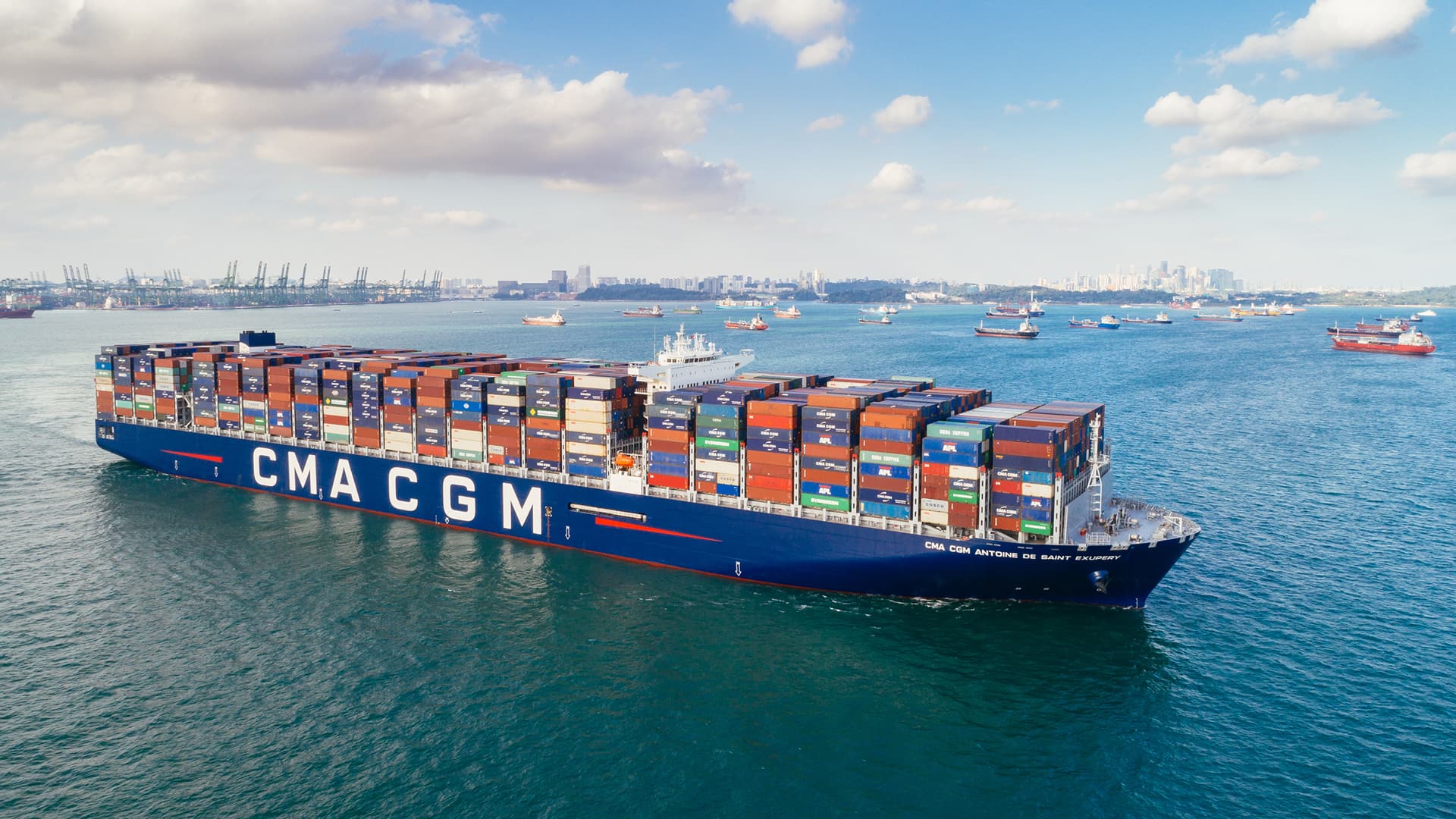As the COVID-19 pandemic spread across the world, all sectors of society have had to deal and adapt with the drastic changes this pandemic imposed on humankind. The maritime industry is no exception as it found itself at the very centre of this international crisis, directly dealing with the impact of border controls and restrictions, effects on trade and tourism, unemployment and health and safety issues on board vessels.
Seafarers all around the world are facing difficulties in relation to their repatriation, as many have ended up stranded at their place of work. With the current border controls and restrictions imposed by each and every country, changing almost on a daily basis, crewmembers ended up in a situation whereby they could not easily return back to their home country. Each country is adapting specific regulations in line with its current health care state. As a result, there is no coordination between countries when implementing such regulations, particularly in relation to seafarers working on an international level, and who are sometimes necessarily required to travel between different countries in a short period of time.
This resulted in a plethora of issues, as seafarers could not return home to take care of any vulnerable family members, to seek urgent medical assistance, or to simply go back home to rest both physically and mentally after months of hard work on board the vessel on which they would have been working. On the other hand, seafarers who were already in their home country encountered great difficulties in returning to the vessel to resume their employment, due to border restrictions and quarantine regulations.
Many questions arose such as whether seafarers seeking to embark on a vessel to carry out their work, had to carry out a period of quarantine in the country in which such vessel was berthed prior to boarding the vessel, or once they have boarded the vessel. Are crewmembers on quarantine to be paid? How would seafarers already on board the vessel be safeguarded once new seafarers joined the vessel? Should seafarers on board the vessels who could not be repatriated to their home country stay on the vessel and continue carrying out their work, despite the fact that they were supposed to have their time off after long months on board? What about crewmembers who had to remain off duty and could not join the vessel due to border restrictions? Should they be laid off due to the impossibility of them resuming their work?
Employers and vessel owners had to seek solutions to all these issues and ensure that any crew changeovers can take place safely and efficiently, with minor detrimental effects to their industry. Nonetheless, this situation still led to the unemployment of numerous seafarers with seafarer’s employment agreement being unilaterally terminated, whilst other seafarers ended up quarantined on board vessels, sometimes for more than fourteen days, without pay.
Difficulties related to repatriation and crew changes were recognised as priority issues on an international level. Agencies of the United Nations, including the International Labour Organisation (ILO) and the International Maritime Organisation (IMO) worked in collaboration with the International Chamber of Shipping (ICS) and the International Transport Workers’ Federation (ITF) to implement protocols, with the aim of allowing seafarers to be repatriated or to join vessels whilst taking into account public health concerns. Furthermore, the IMO also set up the Seafarer Crisis Action Team (SCAT), by means of which these organisations are currently also working together in order to assist and resolve individual cases of seafarers, by coordinating and communicating with the relevant authorities.
The Spokesman for the United Nations Secretary-General António Guterres issued a statement, wherein he expressed his concern “about the growing humanitarian and safety crisis facing seafarers around the world.” The UN Secretary General explained that to this end, seafarers and other marine personnel are to be designated as “key workers” and called upon all Governments to urgently implement the protocols issued by the UN agencies, as mentioned above. On the 9th July 2020, governments from across the world also signed a joint statement during the International Maritime Summit on Crew Changes, wherein they reached an agreement on international measures to be adopted to open up the borders for seafarers and to increase the number of commercial flights to expedite repatriation efforts.
This goes to show that international organisations and governments all around the world have come together to ensure that the health and safety of seafarers is safeguarded. The work carried out by seafarers is essential for global trade, since ultimately as consumers we still heavily rely on the maritime industry for the provision of goods, food, medicine, and other supplies. Whilst it is important that the maritime industry resumes with minor disruptions, seafarers are to be provided with a healthy and safe environment at their place of work, with appropriate policies to ensure that any risks of a COVID-19 outbreak on board the vessel is minimised, whilst also having peace of mind that they will be able to return to their homes or to their workplace, as required.

